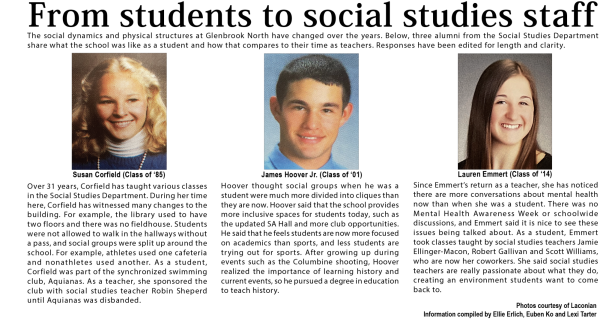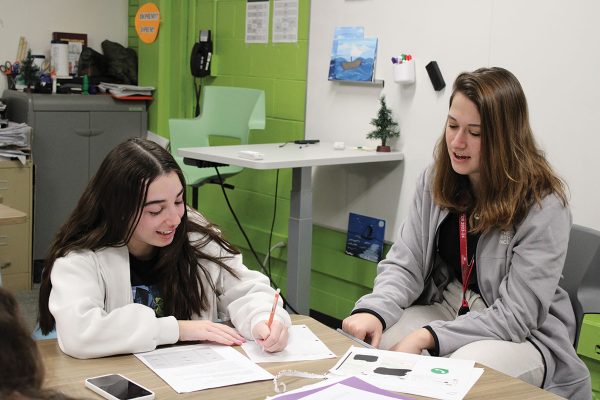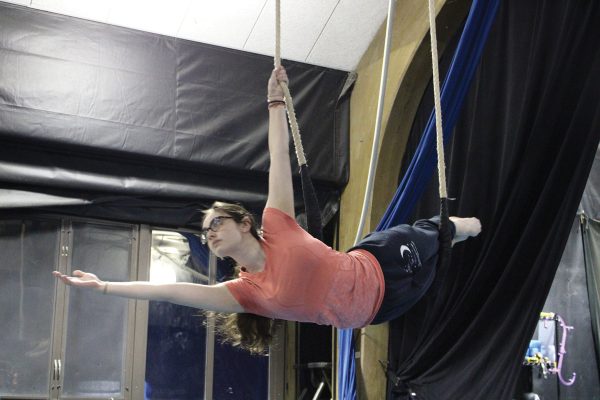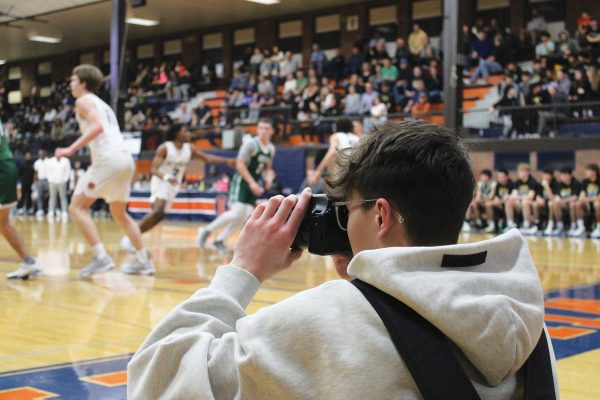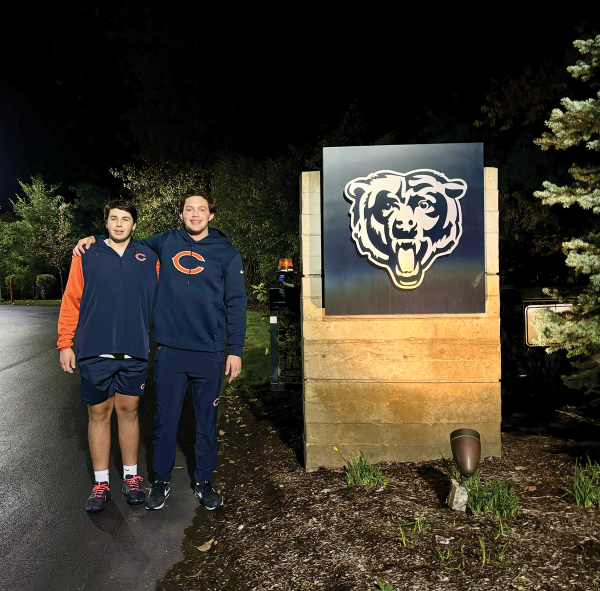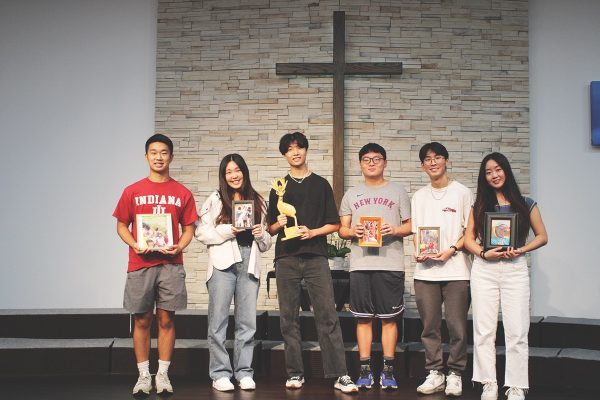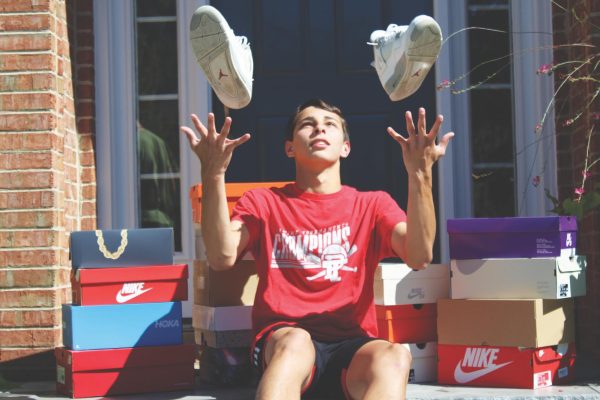Chess team works to match past successes
He nervously bounces his legs as his eyes narrow in on the game. Three teammates show their support, standing behind him as they anxiously await his next move. In a confident motion, he makes his move and lightheartedly teases his opponent. Junior Siva Muthupalaniappan is not playing a physical sport — he is in the middle of a practice chess match.
“The person who’s playing, they have so much pressure on them,” said Muthupalaniappan. “They have to make good moves and the time is low, so it’s a lot of focus.”
In preparation for state, Head Coach Michael Campbell said he plans practices to build a competitive atmosphere. In the past, he has prepared chess puzzles, surprised players with practice games against alumni and invited a Grandmaster, the highest title a chess player can attain, to speak with the team.
Muthupalaniappan said the team recently spoke with and received helpful advice from the alumni who have had plenty of experience with tournaments.
“What it really comes down to at the state level is how you handle yourself, like your nerves and how you can stay cool under pressure,” said Muthupalaniappan. “So, I think the experience of the [alumni] is really valuable because the experience and how they were able to contain themselves helps us going forward.”
As of Jan. 25, the chess team is 17-9 with the IHSA state chess tournament scheduled to take place from Feb. 9 to Feb. 10. Last year, the team placed second in the state with a 33-35 loss against the Illinois Mathematics and Science Academy.
Campbell said it was the closest state final match in IHSA history. He could feel the intensity of the moment.
“At the state tournament you’ll have … about 1,000 teams playing chess all at once,” said Campbell. “You can hear a pin drop.”
Sophomore Jeremy Livshots said since both spectators and players are not permitted to talk during tournaments, the team finds ways to silently cheer each other on.
“If you get below five minutes on your clock, … you can pass your notation, where you record each move, to a teammate behind you,” said Livshots. “So that’s another way of showing support — how if you’re standing behind a teammate of yours ready to take their notation, … you’re showing, ‘I’m here for you. I’m here to help.’”
Muthupalaniappan said that especially towards the end of matches, he enjoys standing behind his teammates and watching them play.
“Once you get down to the last few seconds on the clock, you have to play your moves really quickly,” said Muthupalaniappan. “So watching that and watching my teammates have to make good moves under pressure, that’s a really good experience.”





